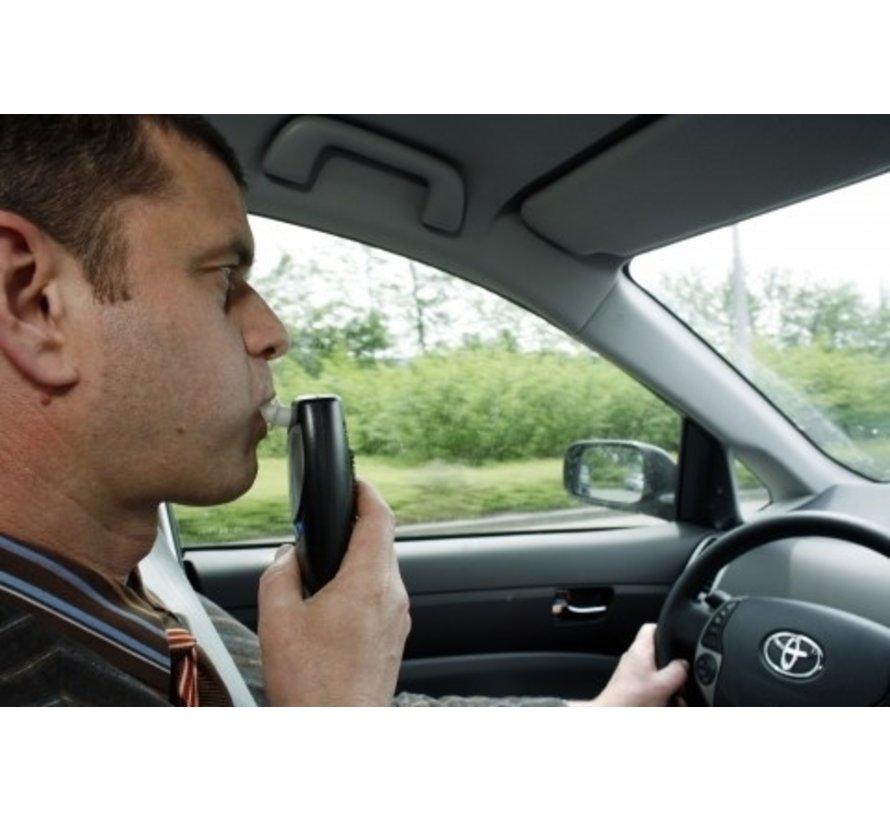CDT test alcohol consumption HPLC
CD-Tect Carbohydrate Deficient Transferrin by HPLC Method (CDT-HPLC).
This blood test looks back 3 weeks at your alcohol intake.
If you have the rare congenital transferrin variant, a valid CDT determination with our standard testing method is NOT possible. One option is to use the HPLC method to see if a result is possible. The first time we will upgrade the standard test to this more expensive test free of charge, but for follow-up checks with this transferrin variant you are bound to this more expensive test.
CD-Tect Carbohydrate Deficient Transferrin (CDT).
CDT is present at increased levels in chronic excessive alcohol consumption, as well as in some inherited disorders (Congenital Disorder of Glycosylation (CDG). In these two cases, one or both carbohydrate chains appear to be absent, resulting in increased levels of asialo- and disialotransferrin.
Congenital defects of glycosylation (CDG) is the name for a group of inherited metabolic diseases. The cause is a change in the hereditary material.
In this group of metabolic diseases, something goes wrong with what is known as glycosylation. Glycosylation involves linking sugars to proteins. The sugars are important for the function of the proteins.
The characteristics of most forms of CDG begin at a young age. The characteristics vary from person to person, even with the same type of CDG.
People with CGD may have severe developmental delays. In addition, a person may have flabby muscles, low blood sugars, bowel problems, and problems with blood clotting.
CDT is a type of protein that is produced by excessive alcohol consumption over a period of at least a week. The CDT percentage in blood increases as more alcohol is consumed. With abstinence, CDT usually drops to normal within two to three weeks, but after long-term alcohol consumption, this normalization can take much longer.
Proteins often have sugar groups, which are necessary for their recognition and function. The characteristics of blood groups, for example, can be traced back to different types of sugar groups on the membrane of red blood cells. Also the iron transporter protein transferrin contains two characteristic carbohydrate chains, which together contain on average four so-called sialic acids. Under the influence of a degradation product of alcohol (acetaldehyde) a transferrin form arises where one or both carbohydrate chains are absent: we then speak of carbohydrate deficient transferrin or CDT. The CDT is reported as a % of total transferrin to cancel out the effect of fluctuations in transferrin levels, for example a rising transferrin in case of iron deficiency.
The Centraal Bureau Rijvaardigheidsbewijzen (CBR) also requests specific laboratory tests in certain cases for persons arrested with alcohol use in traffic as part of a psychiatric examination of fitness to drive (see the CBR website). Traditionally, tests related to liver function (gGT and ALAT) and average red blood cell size (MCV) were requested. Currently, the measurement of the % CDT is the most important laboratory parameter when excessive alcohol consumption is suspected.
How reliable is the % CDT and at what level of alcohol consumption is it elevated?
It should be noted that no laboratory test in chronic excessive alcohol consumption always gives an abnormal result, or in technical terms: no method has a sensitivity of 100%. Conversely, with no or minimal alcohol consumption the results should be normal, but exceptionally false elevations can also occur. In technical terms, no method is 100% specific.
Scientific research has shown that the %CDT is overall the best laboratory parameter for demonstrating chronic excessive alcohol consumption. The applied upper limit for CDT corresponds in men to the consumption of an average of about 60g alcohol per day (roughly 1.5 l beer or 1 bottle of wine per day) for at least one week. Intake of more than 60g of alcohol per day will cause serious organ damage in the long term. For women this limit is about 40g per day.
In the Dutch NVKC guideline, which deals with alcohol consumption, 2.0% DST is used as the cut-off point. With results higher than 2.0% it can be said with great certainty that the result does not belong to the normal distribution.
Increases occur after a daily alcohol consumption of more than 60g. The half-life is about 14 days. Increased values also occur, for example, in chronic active hepatitis, primary biliary cirrhosis, hereditary disorders of glycoprotein metabolism and during pregnancy. One-time excessive alcohol abuse does not lead to an elevated CDT value.
Please note! With this test it takes about 3 weeks before you receive the result.




